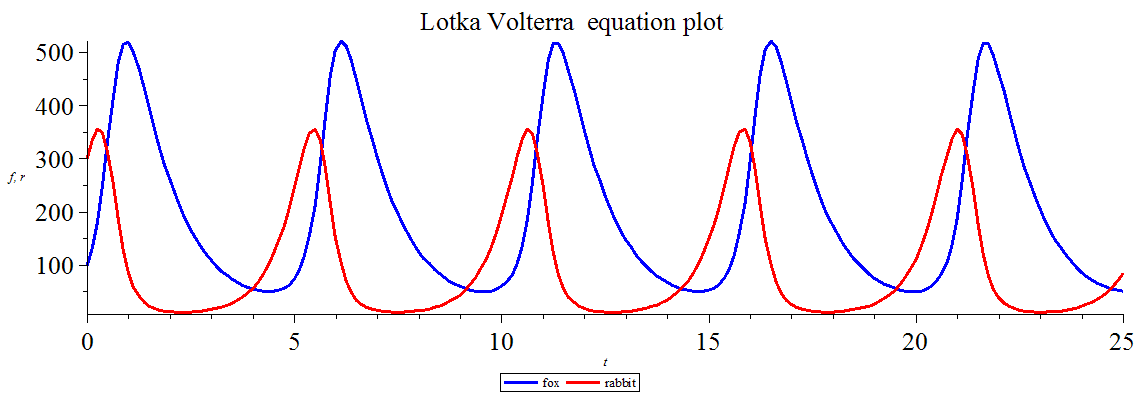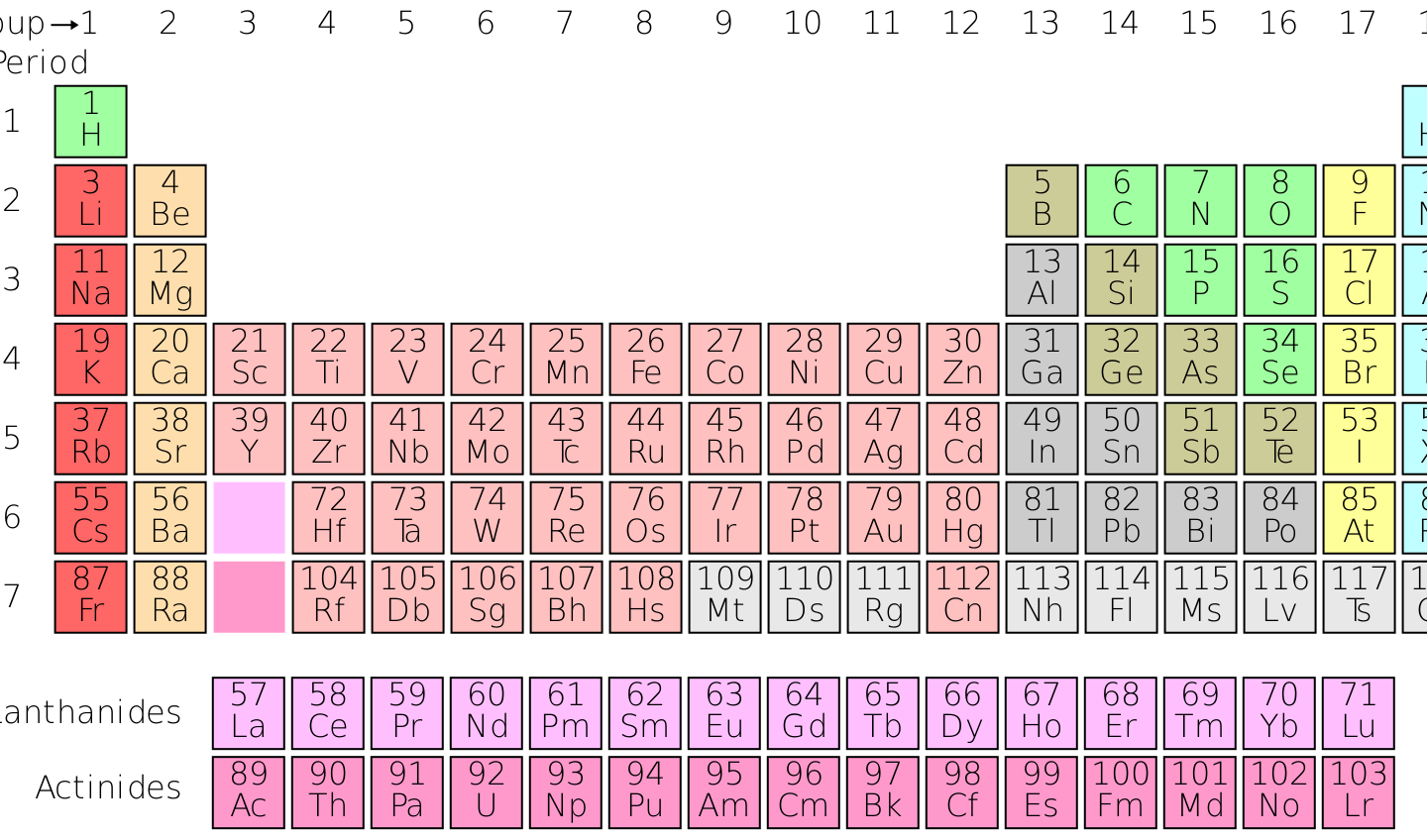Thanks to Carrie Figdor for blogging this week on Pieces of Mind: The Proper Domain of Psychological Predicates, forthcoming next month from Oxford University Press. To view all her posts on a single page, please click here.
4. The Technical View, and Summing Up
In the previous post I articulated Literalism to a degree. In the book I articulate it further by responding to a series of objections, at least some of which have no doubt occurred to you. Since these are likely to be raised in comments, in this post I will present …






